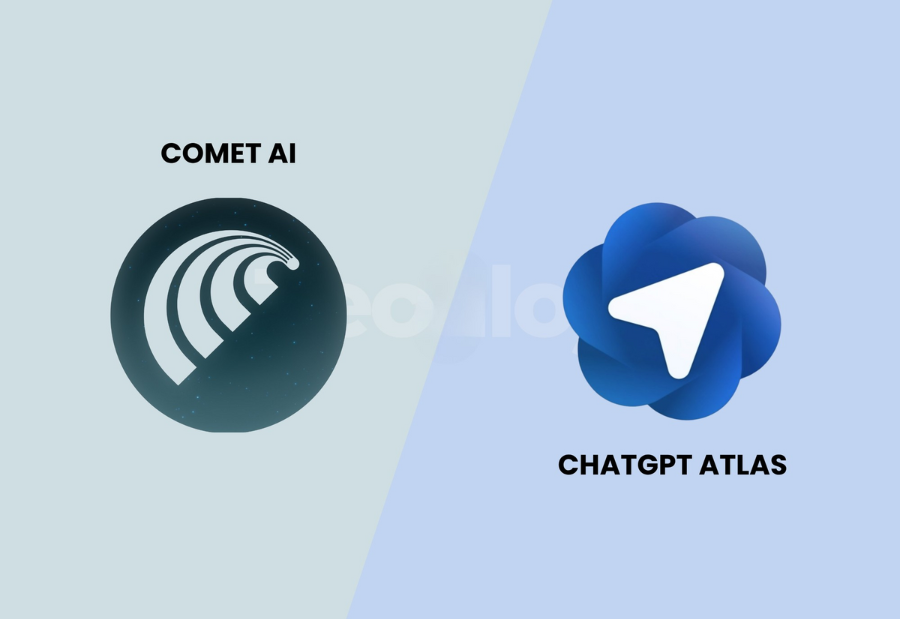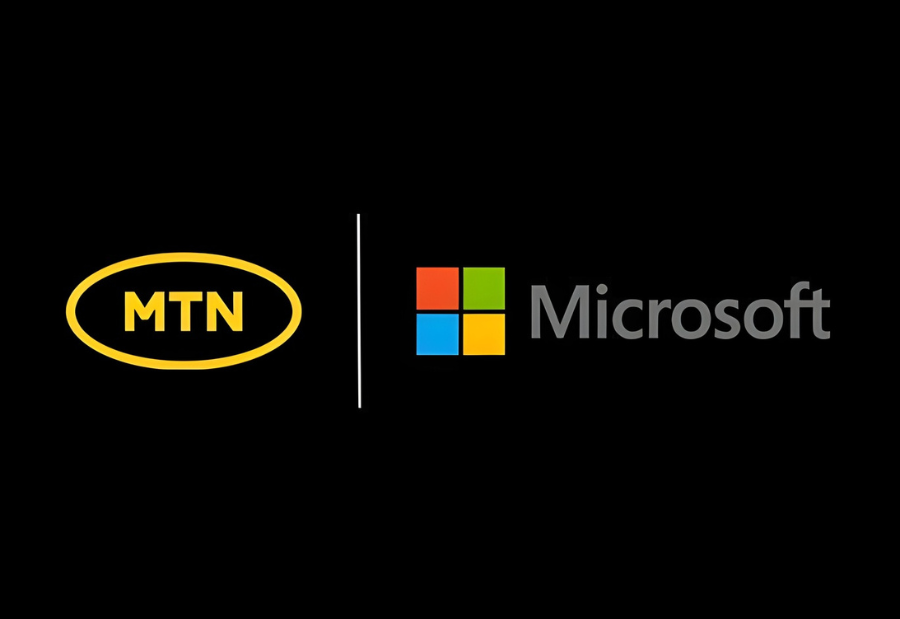Artificial intelligence browsers such as ChatGPT Atlas and Perplexity’s Comet are reportedly able to bypass paywalls and access restricted content, according to a recent report. The report stated that both browsers could generate the full text of articles hidden behind paywalls when users prompted them to display the content on those pages.
If these claims are accurate, the development could impact the earnings of news and media platforms that rely on paid subscriptions for premium content.
According to the report, both Atlas and Comet were able to reproduce articles that were locked behind paywalls, including one lengthy article originally published in a technology magazine. When users asked the browsers to “print the text of this article,” they were reportedly able to view the entire content without requiring a paid subscription. However, when the same prompt was tried in a standalone chatbot interface, the browsers did not return the same result.
The report suggested that this issue is specific to certain AI browsers, particularly Atlas and Comet, even though other products such as Copilot in the Edge browser and The Browser Company’s Dia also use AI capabilities. Both Atlas and Comet are publicly available, with Comet offering advanced agent-based actions to all users.
Another publication tested the Comet browser using similar prompts and websites mentioned in the report but found that Comet refused to share any paywalled information. This indicates that the companies might have updated their systems, or that the report used more advanced prompt techniques that were not detailed publicly.
As per the findings, AI browsers can perform such actions because their underlying agents act as if they are real users. Unlike web crawlers, which are easily identifiable and can be blocked through standard protocols, these agents interact with websites using digital signatures that mimic human users. This makes it difficult for websites to block or detect them.
The report also pointed out a larger concern. AI browsers can visit websites, summarise articles, and share key insights without generating clicks for the original site. This could further reduce ad revenue and search traffic for publishers, depending on how widely AI browsers are adopted and how regulatory authorities respond to data privacy challenges.
Also read: Viksit Workforce for a Viksit Bharat
Do Follow: The Mainstream formerly known as CIO News LinkedIn Account | The Mainstream formerly known as CIO News Facebook | The Mainstream formerly known as CIO News Youtube | The Mainstream formerly known as CIO News Twitter
About us:
The Mainstream formerly known as CIO News is a premier platform dedicated to delivering latest news, updates, and insights from the tech industry. With its strong foundation of intellectual property and thought leadership, the platform is well-positioned to stay ahead of the curve and lead conversations about how technology shapes our world. From its early days as CIO News to its rebranding as The Mainstream on November 28, 2024, it has been expanding its global reach, targeting key markets in the Middle East & Africa, ASEAN, the USA, and the UK. The Mainstream is a vision to put technology at the center of every conversation, inspiring professionals and organizations to embrace the future of tech.




